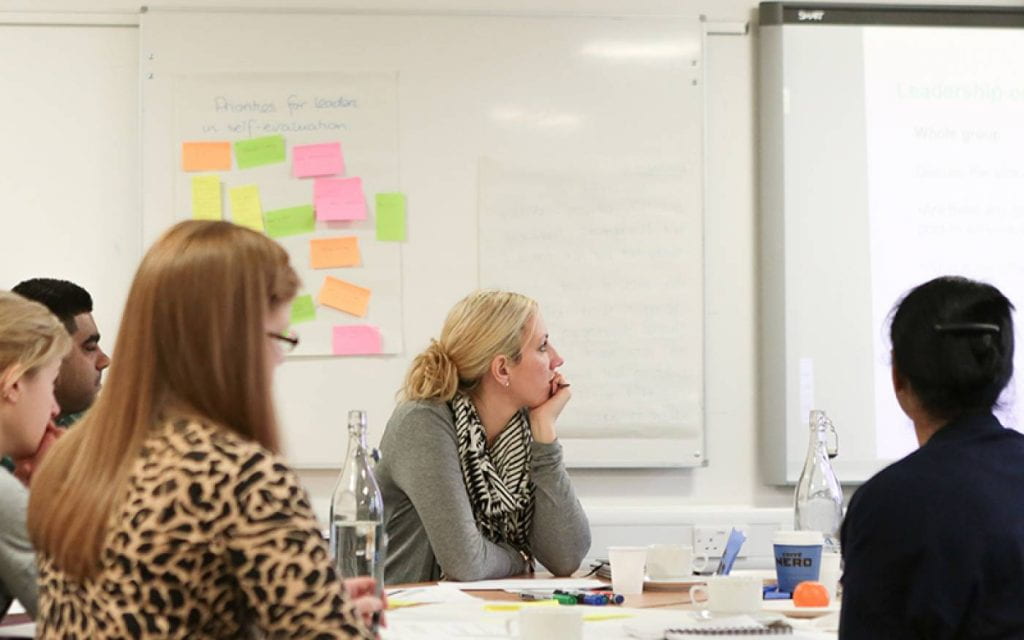Family? Factory? How metaphors help make sense of school life
By Blog Editor, IOE Digital, on 10 May 2022

jarmoluk / Pixabay
10 May 2022
When we use the word ‘school’ we expect all of us to have a similar view of what this means. In its most basic form, it’s a building with classrooms of students and a teacher. This ‘grammar of schooling’ has been in place for decades and tends to include the grouping of students for purposes of instruction, with teachers’ work defined vis-à-vis groups of students and how they are progressed through school on the basis of assessment outcomes and age.
So far, so obvious. But underlying these visible structures, we find a vast variety in practices and views of what it means to educate children, how to organize a school and the meaning of a school. Those involved in schooling – students, parents, teachers and leaders – may have different views of their school, conceptions of their role in the school, and of the values of schooling. Such views, often expressed in metaphors, provide an important means to access what people think, but also to understand their actions. Mills et al, for example, argue that how we choose to act is (also) a function of how we construct conceptions of what we are and what we are trying to do; and when certain metaphors gain prominence in the minds of a (more…)
 Close
Close







